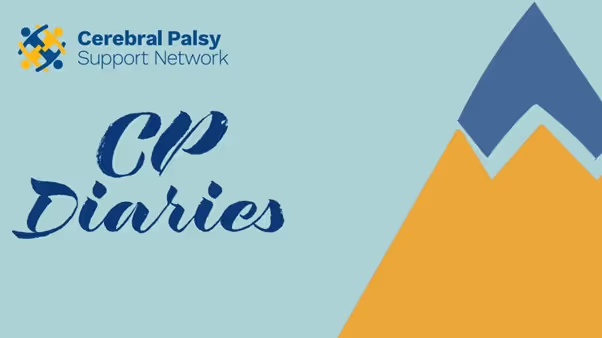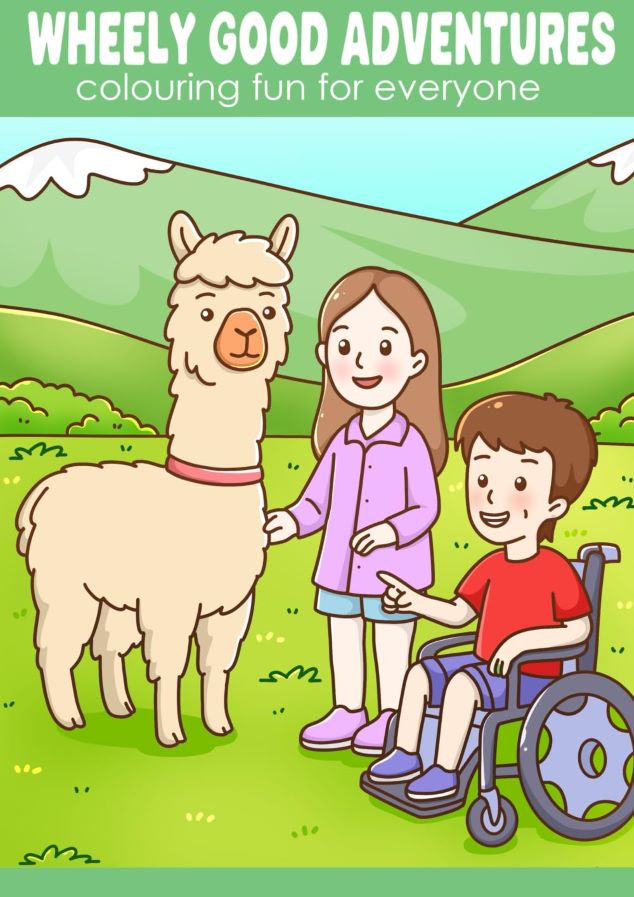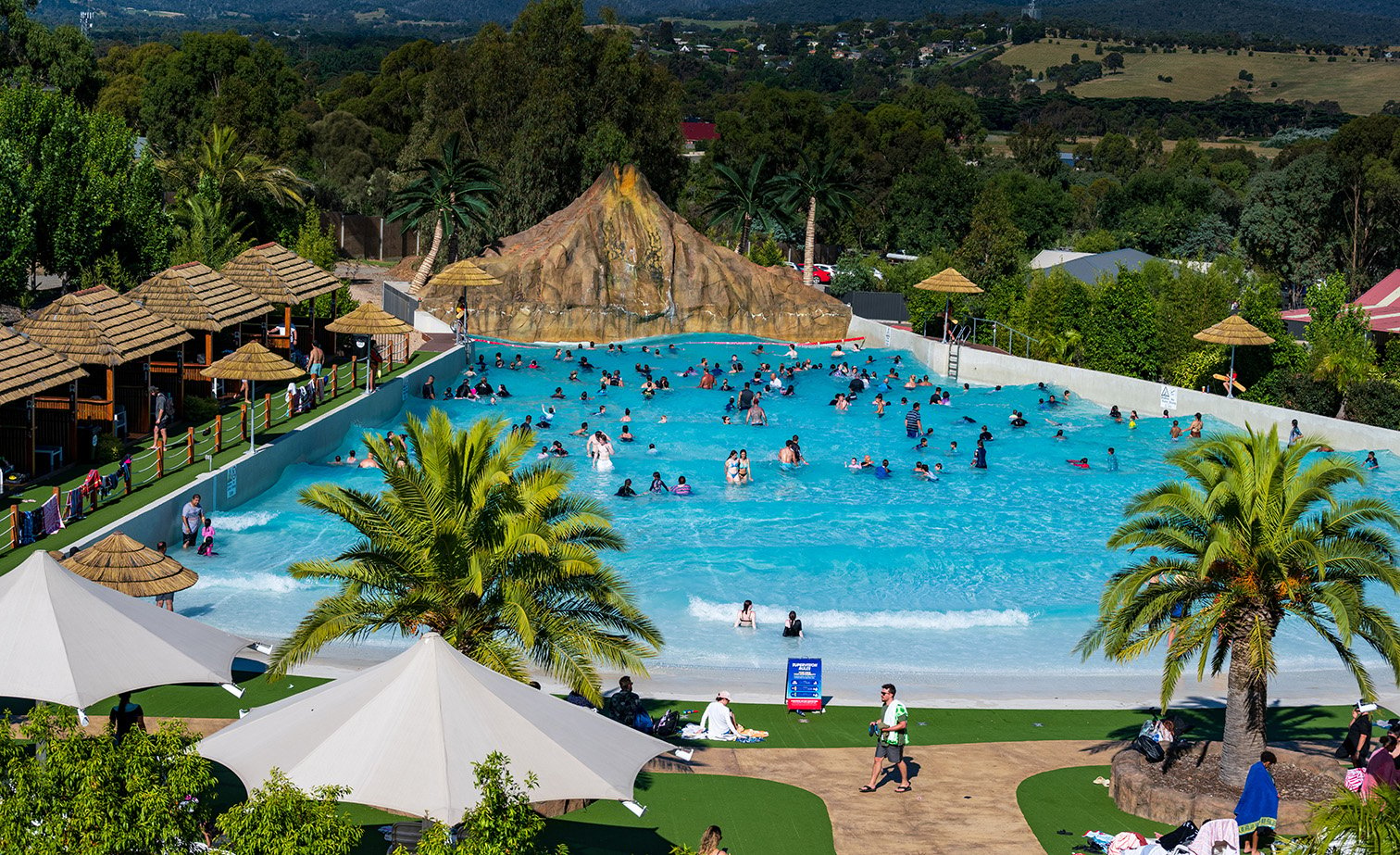Cerebral Palsy (CP) is a lifelong, non-degenerative condition, but ageing can lead to reduced mobility. As people with CP get older, their GMFCS scores may change, making it important to stay active, as lost mobility can be hard to regain.
Sue shared that recovering from an emergency caesarean and cancer treatment was especially difficult due to CP, taking more time and energy to heal and become well again than for someone without the condition.
“I think either people embrace their CP and embrace the need for maximum mobility and fitness or they go “It's all a bit too complicated, I’m embarrassed to go out in public, I don't like working out in a gym, I find it hard to find a trainer that understands how to work with my spasticity; so people will tend to be more invested or less invested in their strength and fitness.”
The effects of Weather on your body and CP
Seasonal weather changes often cause Sue discomfort, but setting goals beyond her usual routines in colder months helps her feel better physically and emotionally. Staying active, especially by getting outside for walks, is her key solution to maintaining her physical well-being.
“In winter I’m cactus, I'm full of arthritis, I find it really hard to get moving in the morning. I'm very stiff, I have much poorer balance…in summer I find it much easier to move and the thing that helped me the most was actually getting a Fitbit.”
Different Bodies, Different Experiences
Managing our on-going aches and pains and educating others about how we manage this independently is essential. Sue notes that post-surgery trauma can also affect everyone differently.
“I think we have to recognise that our bodies work differently and any trauma to the body can exacerbate spasms. I find it really helpful to have long discussions with medical personnel in the hospital to explain that this is what my body is going to do, this is how I alleviate the spasm.”
Future-proofing your Body
Sue emphasizes the importance of setting personal mobility goals to stay active as you age. She notes that people with CP may feel they age faster than others and stresses the need to respect and care for your body. Accessing resources and support, like NDIS services including Podiatry is vital, and for some, losing these supports from their plans can often be distressing.
Mentally, it’s also important to accept that your body functions differently.
“People with CP may feel as if they are ageing faster than their able-bodied mates, you need to respect your body in the ageing process, do as much as you can to keep it mobile and flexible.”
“I’m reliant on Podiatry because I can't reach down and cut my toenails the way I used to do. Your feet are critical, you’ve got to have really good feet to walk on, you want to have really good foot care.”
Accepting your body and the Ageing process
Keeping in mind that no two bodies are the same, Sue says the key to getting the most out of your body during your time on earth is having good Nutrition, effective Physiotherapy, and strong Mental Health. When these elements work well together, they can help you feel your best and stay happy.
“Just loving [sic] your body and loving what you have is really important.”
You can view additional information on ageing and cerebral palsy here: My CP Guide and Cerebral Palsy Alliance
You can view the full interview here: CP Diaries: Episode 5
If you have a story you would like to share with us or have a potential story idea, please get in touch. We’d love to hear from you. Call us on (03) 9478 1001 or email cpsn@cpsn.org.au

Former CPSN Staff Member
CPSN



